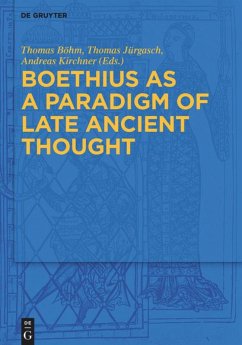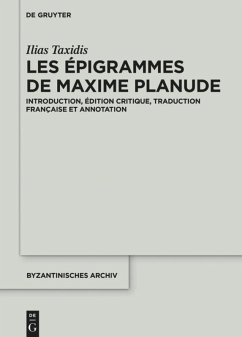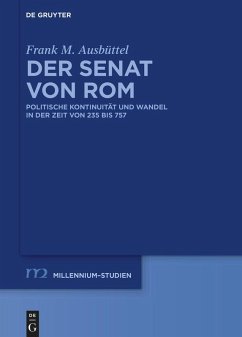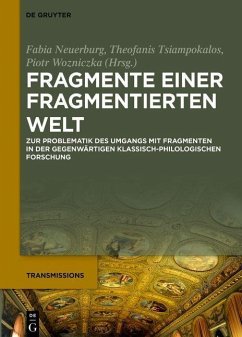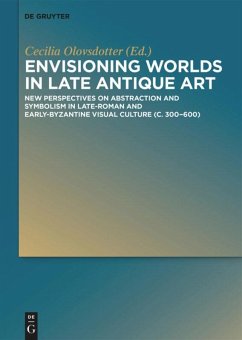Nicht lieferbar
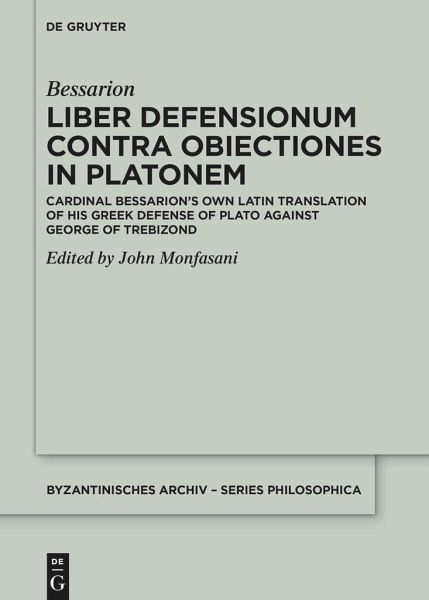
Liber Defensionum contra Obiectiones in Platonem
Cardinal Bessarion's Own Latin Translation of His Greek Defense of Plato against George of Trebizond
Herausgegeben: Monfasani, John
Versandkostenfrei!
Nicht lieferbar
In 1458 George of Trebizond transferred the Plato-Aristotle controversy from the Byzantine world to the Latin by publishing his Comparatio Philosophorum Platonis et Aristotelis et Praestantia Aristotelis, a full-scale attack on Plato and the Platonic tradition from antiquity to the present day, ending with a violent diatribe on the dangers posed by the influence of Cardinal Bessarion's recently deceased teacher, George Gemistus Pletho. To respond, Bessarion knew that he would have to do so in Latin, but in actuality, he composed his response in Greek and then translated it into Latin. The resu...
In 1458 George of Trebizond transferred the Plato-Aristotle controversy from the Byzantine world to the Latin by publishing his Comparatio Philosophorum Platonis et Aristotelis et Praestantia Aristotelis, a full-scale attack on Plato and the Platonic tradition from antiquity to the present day, ending with a violent diatribe on the dangers posed by the influence of Cardinal Bessarion's recently deceased teacher, George Gemistus Pletho. To respond, Bessarion knew that he would have to do so in Latin, but in actuality, he composed his response in Greek and then translated it into Latin. The result was the Liber Defensionum contra Obiectiones in Platonem, which was ready for publication by 1466. At that point, however, he withdrew it from publication in order to expand its content as well as to refine its Latinity. Bessarion's response finally appeared in 1469 as the In Calumniatorem Platonis. But it was in the Liber Defensionum that Bessarion made his major decisions on what toinclude as well as what to exclude from his original Greek text and exactly how he would render the Greek into Latin. Thus, to understand the language and structure of the In Calumniatorem Platonis one must turn first to the Liber Defensionum.





